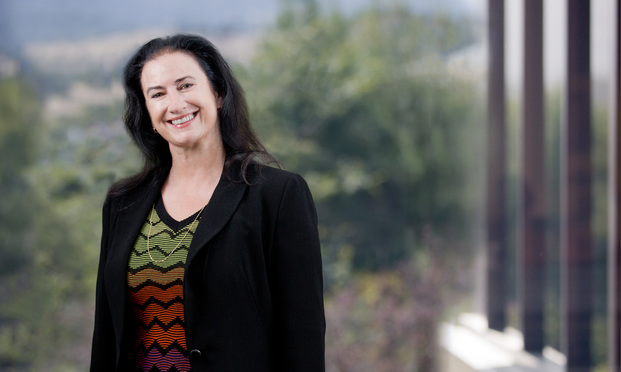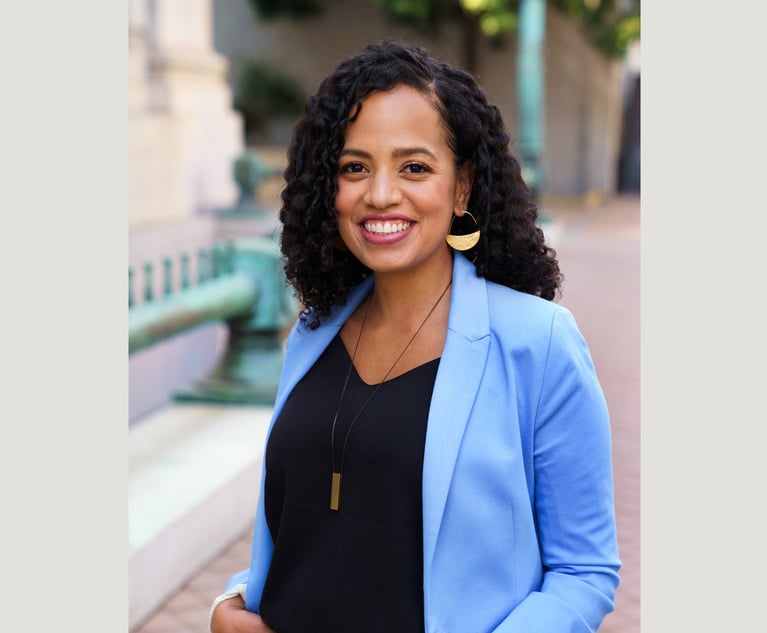“Open source” is a term that appears in the news a lot today. You may have heard about open source software, even if you don’t exactly know what it is. We all use open source software every day—to send email, to browse the web, and to run our smartphones. Open source software is the lifeblood of modern technology and the backbone of the web. Open source licensing is a “pay it forward” model that uses the power of private property—the copyright law—to encourage people to share what they create. Open source software developers post their software on the web free of charge and allow other developers to use it, with the condition that they, in turn, make their improvements freely available to others. Some people call this a “gift economy,” but however you name it, it has been a wildly successful model for developing software.
For years now, I have been specializing in open source software licensing law, and it’s been a fascinating area of practice. As part of that practice, I have educated a lot of clients about how open source licensing works. But in the process, I’ve learned even more from my clients. And over these years, I’ve had the chance to think about how to practice law using the principles of open source.


 Heather Meeker, O’Melveny & Myers partner.
Heather Meeker, O’Melveny & Myers partner.




